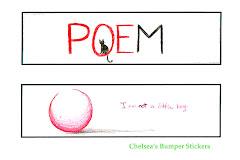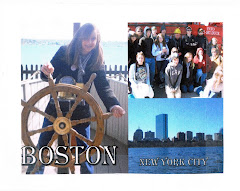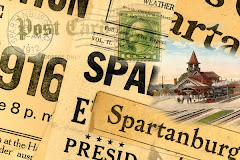 On the literary map, travel from Jacksonville to Key West, Florida.
On the literary map, travel from Jacksonville to Key West, Florida.Calculate:
# _____________ Miles to Key West, Florida
$ _____________ Cost for Gasoline to Key West, Florida
Visit "The Poet Homes of Key West, Florida" at www.Poets.org
Visit Elizabeth Bishop at www.Poets.org and fill-in-the-blanks.
"Elizabeth Bishop was born in Worcester, Massachusetts. When she was very young her father died, her mother was committed to a mental asylum, and she was sent to live with her grandparents in Nova Scotia. She earned a bachelor's degree from Vassar College in 1934."
She was independently wealthy, and from 1935 to 1937 she spent time __________ to France, Spain, North Africa, Ireland, and Italy and then settled in Key West, Florida, ___________. Her poetry is filled with _________________________________________________, as with the Florida poems in her first book of verse, North and South, published in 1946."
"She was influenced by the poet _______________, who was a close friend, mentor, and stabilizing force in her life. Unlike her contemporary and good friend Robert Lowell, who wrote in the 'confessional' style, Bishop's poetry avoids _____________________________, and focuses instead with great subtlety on her impressions of the physical world."
Read "Filling Station," and listen to "The Armadilla" as you follow along.
Read "The Fish" and answer the questions.
I caught a tremendous fish
and held him beside the boat
half out of water, with my hook
fast in a corner of his mouth.
He didn't fight.
He hadn't fought at all.
He hung a grunting weight,
battered and venerable
and homely. Here and there
his brown skin hung like strips
like ancient wall-paper,
and its pattern of darker brown
was like wall-paper:
shapes like full-blown roses
stained and lost through age.
He was speckled with barnacles,
fine rosettes of lime,
and infested
with tiny white sea-lice,
and underneath two or three
rags of green weed hung down.
While his gills were breathing in
the terrible oxygen
-the frightening gills,
fresh and crisp with blood,
that can cut so badly -
I thought of the coarse white flesh
packed in like feathers,
the big bones and the little bones,
the dramatic reds and blacks
of his shiny entrails,
and the pink swim-bladder
like a big peony.
I looked into his eyes
which were far larger than mine
but shallower, and yellowed,
the irises backed and packed
with tarnished tinfoil
seen through the lenses
of old scratched isinglass.
They shifted a little, but not
to return my stare.
-It was more like the tipping
of an object toward the light.
I admired his sullen face,
the mechanism of his jaw,
and then I saw
that from his lower lip
-if you could call it a lip-
grim, wet and weapon-like,
hung five old pieces of fish-line,
or four and a wire leader
with the swivel still attached,
with all their five big hooks
grown firmly in his mouth.
A green line, frayed at the end
where he broke it, two heavier lines,
and a fine black thread
still crimped from the strain and snap
when it broke and he got away.
Like medals with their ribbons
frayed and wavering,
a five-haired beard of wisdom
trailing from his aching jaw.
I stared and stared
and victory filled up
the little rented boat,
from the pool of bilge
where oil had spread a rainbow
around the rusted engine
to the bailer rusted orange,
the sun-cracked thwarts,
the oarlocks on their strings,
the gunnels - until everything
was rainbow, rainbow, rainbow!
And I let the fish go.
In “The Fish,” the speaker examines the old fish closely. What is its brown skin compared to in lines 9 – 15? What details make this comparison effective?
How is the inside of the fish described?
The old fish is viewed as a kind of war veteran. How does the comparison in lines 47 – 61 reinforce this idea? Whose “victory” is the speaker talking about in lines 66-67?



















